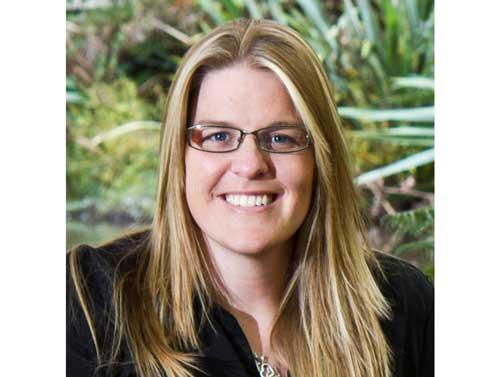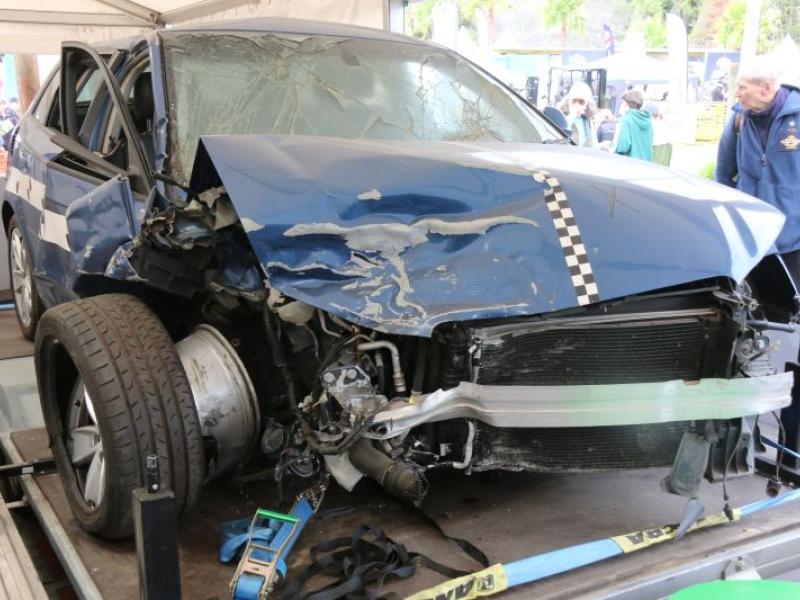Robert Barry spoke to Waikato Regional Council fleet manager Nicki Hamilton about the importance of her role within the organisation.
RB: How long have you been the fleet manager at Waikato Regional Council (WRC) and how did you get the role?
NH: In 2007 I started with Waikato Regional Council in their Property Services group. In January 2010 I started my new role as fleet manager, this was a result of past performance within the organisation and previous work experience.
RB: What other roles have you been involved with in the automotive industry prior to joining the WRC?
NH: I previously worked four years for a company based in Dandenong, Melbourne that carried out general repair work and servicing. They also focused on installation of units that guaranteed the same performance as petrol but using alternative fuel, LPG. I then relocated to a firm in Hamilton that specialised in servicing and repairs of European vehicles.
RB: Describe your normal day running the fleet. What issues do you deal with on a daily basis, and how about monthly and annually?
NH: Every day I face new challenges, which keeps my job interesting.
My main task is looking at ways to make our fleet safer, greener, cost effective and fit for purpose. This involves working with staff on what their core requirements are, looking at new technology and vehicles becoming available, liaising with other fleet managers on ways that they have improved their fleet and much more.
Due to today’s economic and budget constraints I am constantly looking at ways to decrease spending both by reducing purchasing and operational costs.
Staff education is a major part of my job, this not only includes providing information on how better driving behavior (e.g. unnecessary idling time, driver techniques) can decrease overall cost to the organisation, but also training staff in the new models and the general advancement in technology we are introducing into our fleet.
In the past year, due to natural disasters (e.g. earthquake and tsumani in Japan),
I have found difficulty sourcing vehicles however, we have been managing due to great relationships we have with our local suppliers and ensuring communication both with our suppliers and staff happens.
Like many organisations and businesses that have a fleet spread out over a large area we have incidents and breakdowns, to manage. Waikato Regional Council is constantly developing/improving its policies and processes to deal with these when they occur or we actively try to avoid these when possible.
RB: What are the benefits for you of being a member of AfMA?
NH: AfMA is a centralised support/information system for fleet managers. It allows me to engage with fleet managers from other organisations and businesses from around New Zealand and Australia. I am able to gain and share information and documents with people that face the same issues as myself as well as access a range of templates to assist with vehicle management.
NB: What are the benefits for WRC of having an AFMA member as its fleet manager?
NH: The biggest benefit to the regional council is access to documentation, templates and trial results. This has not only saved time and money by being able to access results of trials but has also saved time sourcing templates, which would have been designed internally or purchased from an external agency.
RB: What are the biggest changes you have implemented since you began at WRC?
NH: Waikato Regional Council has increased its vehicle Health and Safety focus by installing GPS units on high risk vehicles (off-road) and arranging suppliers to carry out monthly tyre and windscreen checks. We have included in our vehicle policy that any vehicle purchased must have a minimum 4-star fuel rating. All of the above have contributed to us meeting our KPI of a 10 percent reduction in fuel usage over the past year as well as increasing the safety of our fleet and decreasing the overall operational cost.
RB: What are the biggest challenges facing fleet managers today?
NH: I have had many discussions with other fleet managers around this and the most common answer I get back is driver behavior and senior management leading by example.
RB: What are your views on driver training?
NH: Driver training is important with vehicle features/technology constantly changing. We have spent time ensuring our fleet is fit for purpose for staff but realise supplying them with the correct training is just as important. Staff are representing our organisation and it is important to set a good example.
RB: What are your views on fleets having GPS tracking devices fitted to their fleet cars?
NH: I support GPS tracking devices being used in fleet vehicles as long as they are installed for the right reasons – assisting with health and safety, improving fleet management and reducing overall operating costs to the organisation.
RB: Money being no object, what vehicle would you buy for yourself?
NH: In the past I would have requested a 2-seater sports car. However, with our soon-to-be additions of twins to our family, and my soft spot for European vehicles, I would be happy with an upgrade to a 2012 BMW 5 Series.






